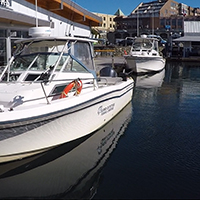
Radio Ngati Porou about the future of Recreational Fisheries
Research Fellow Randall Bess talks on Radio Ngati Porou about the future of Recreational Fisheries and his latest report. Read more

Randall has researched and published articles on New Zealand’s management of fisheries, including the seafood industry and conflicts between the commercial and non-commercial fishing sectors. He also worked for the former Ministry of Fisheries (and the Ministry for Primary Industries) for 13 years. Before immigrating to New Zealand, he commercially fished in Alaska.
During his time at the Initiative, Randall was the Research Fellow for our fisheries project. This work involved a series of three reports that contribute to the debate on what needs to be fixed within the recreational fishing space.
Latest reports:
The Future Catch: Preserving Recreational Fisheries for the Next Generation (2017)
The Overseas Catch: The state of recreational fisheries management abroad (2017)
What's the Catch?: The state of recreational fisheries management in New Zealand (2016)

Research Fellow Randall Bess talks on Radio Ngati Porou about the future of Recreational Fisheries and his latest report. Read more
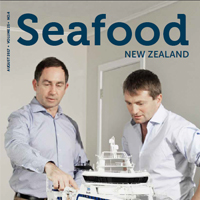
Originally published in Seafood New Zealand, August 2017. Read more
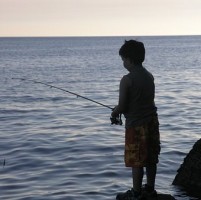
You may not have read Giuseppe Tomasi di Lampedusa’s The Leopard but you probably know the novel’s most famous line, “If we want things to stay as they are, things will have to change.” To change things so they can stay the same – that is the gist of our new fisheries report The Future Catch. We released it for consultation on Tuesday. Read more
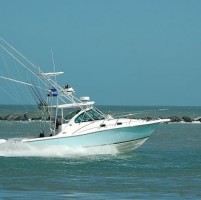
Hundreds of thousands of New Zealanders fish each year. Fishing is integral to the Kiwi way of life. Read more
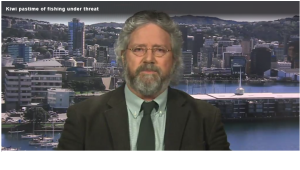
Research Fellow Randall Bess on the Breakfast Show discussing his latest report The Future Catch.
Read more

Interview with Dr Randall Bess about his latest report The Future Catch on RadioLIVE. Read more
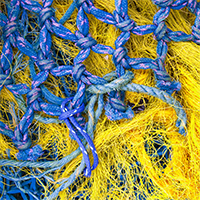
Dr Randall Bess discusses his latest report The Future Catch on Newstalk ZB. Read more
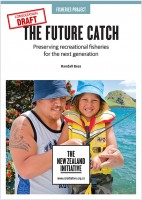
Hundreds of thousands of New Zealanders fish recreationally each year in inshore waters. Fishing is integral to the Kiwi way of life. Read more
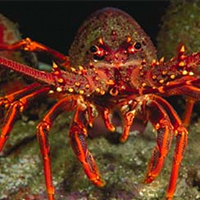
Unless the Ministry for Primary Industries (MPI) imposes some restrictions on the charter boats operating in the Kaikoura region, the rock lobster fishery could be unsustainable within a couple years, according to local commercial fishers. And they could be right. Read more
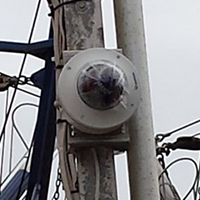
The 2017 Budget brought a boost to fisheries management intended to enhance New Zealand’s much-touted world-leading Quota Management System. The Minister for Primary Industries announced $30.5 million towards a world-leading Integrated Electronic Monitoring and Reporting System (IEMRS). Read more

Wellington (31 May 2017): Western Australia shows what is possible when competing fishing sectors collaborate in fisheries management, say delegates from across New Zealand’s fishing sectors. The New Zealand Initiative and the US-based Environmental Defense Fund last week led a group of New Zealanders involved in the recreational, commercial and customary fishing sectors to learn from Western Australia’s example. Read more

The former British Prime Minister, Winston Churchill, was known for saying it would be a mistake to keep the “true facts” from the public. Basically, we hope our political leaders and their advisors will follow Churchill’s advice. Read more

Putting a line in the water is one of the more popular New Zealand pastimes. But here’s a harsh truth. Read more
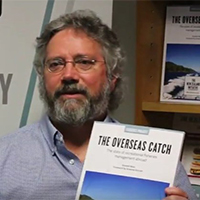
The Overseas Catch: The state of recreational fisheries management abroad author, Dr Randall Bess, discusses his overseas research trip. He travelled to the Gulf of Mexico, northern California, British Columbia and Western Australia to learn more about how these locations manage their recreational fisheries - what worked well, what didn't and what can New Zealand learn? Read more
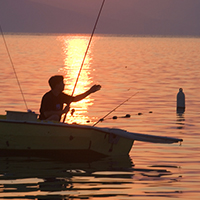
Former US Secretary of Defense, Donald Rumsfeld, is famous for his reference to known-knowns, known-unknowns and unknown-unknowns. In other words, there are things we know we know, things we know we don’t know, and things we don’t know we don’t know. Read more